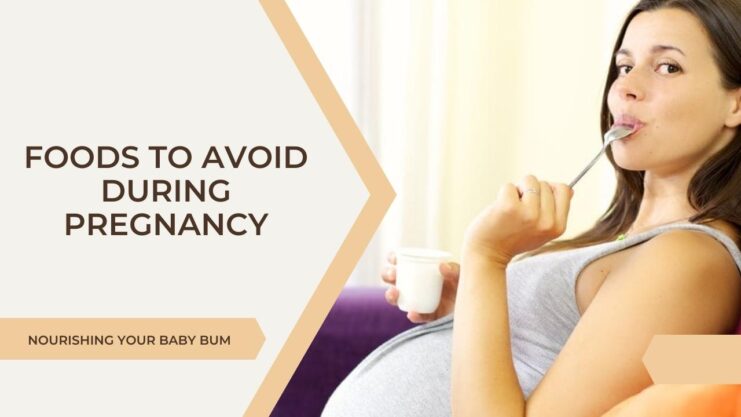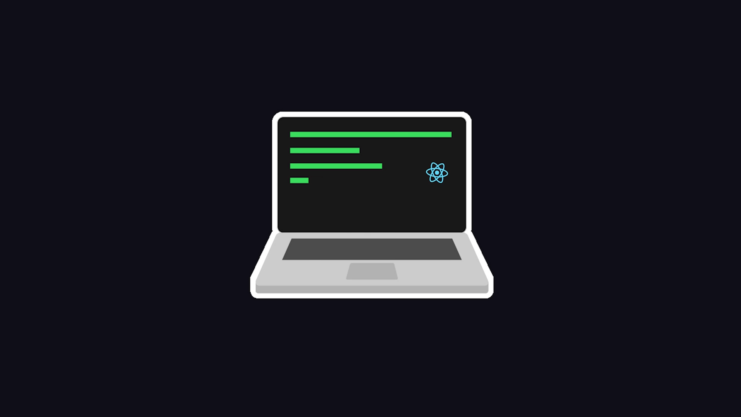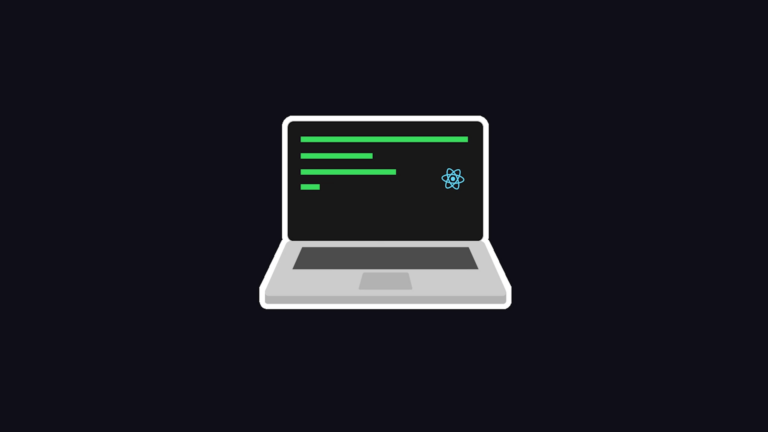A heartfelt congratulations on your pregnancy news! Discovering you’re pregnant, especially for the first time, can be both exhilarating and overwhelming. It’s not unusual to find yourself with an avalanche of questions, many of which revolve around dietary changes. What foods are beneficial for my baby’s growth? Which ones should be avoided? Chances are, you’ve already received a fair share of advice from family and friends about your diet.
During pregnancy, a well-balanced, nutritious diet is more crucial than ever. The reason is, your baby begins to draw nutrients, vitamins, and minerals from the food you consume, which are vital for their development. Additionally, due to immune system changes during pregnancy, both you and your unborn baby become more vulnerable to foodborne illnesses such as Listeriosis, Toxoplasmosis, and Salmonella. These infections could potentially harm your baby and lead to severe health complications, and in extreme cases, miscarriages.
While Listeriosis, caused by Listeria, is a relatively uncommon infection, it’s vital to steer clear of foods that may harbor this bacterium. Even a mild form of the disease in a pregnant woman can lead to grave consequences for the unborn baby, including severe neonatal health issues or even miscarriage or stillbirth
In general, most foods are safe to consume during pregnancy
However, some foods should be avoided during pregnancy as they can be detrimental to the unborn baby’s health. Foods to be avoided during pregnancy:
Raw meat and seafood
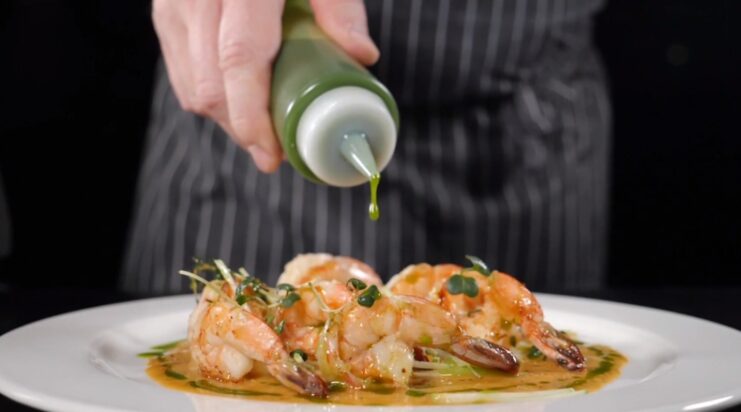
Due to the risk of contamination with parasites and bacteria such as toxoplasmosis and salmonella, undercooked or raw seafood, beef or poultry should be avoided. Unfortunately, this includes sushi and sashimi as well. For all mummies-to-be who have sushi cravings, the safest way to enjoy sushi is to opt for vegetables or fully cooked seafood options such as fully cooked eel (unagi) or shrimp (ebi).
Fish containing mercury
Fish is nutritious as it is packed full of omega-3 fatty acids, and vitamin B, and is also a good source of lean protein. However, certain fish (commonly the large fishes) such as sharks, swordfish, king mackerel, and tilefish can be contaminated with high levels of mercury which has been linked to developmental delays and brain damage in the newborn. Most other type of fish has generally lower amounts of mercury, but should still be eaten in moderation during pregnancy.
Raw shellfish
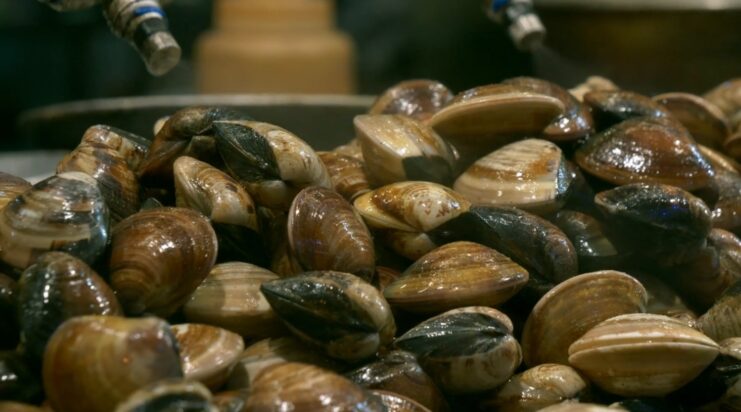
Undercooked or raw shellfish such as oysters, clams, and mussels should be avoided during pregnancy. Although cooking helps prevent certain types of infection, it does not prevent the algae–related infections that are linked to red tides which can cause an individual who consumes shellfish containing red tide toxins to become very ill with neurotoxin shellfish poisoning. Hence, it is generally advisable not to eat raw shellfish, regardless of whether you are pregnant.
Smoked seafood and deli meat
Refrigerated smoked seafood such as salmon, trout, tuna, mackerel, whitefish, and cod, and also deli meat such as ham, turkey, salami, and hot dogs which are commonly found in the deli or refrigerated section should be avoided as it could be contaminated with listeria, which can be harmful to the unborn baby leading to infection and even miscarriage.
These are safe for consumption if they are cooked as part of a meal, like a casserole, or heated until it is steaming hot before consuming. In addition, smoked seafood contains high levels of salt which could be harmful to both mother and baby during pregnancy. Only canned smoked fish or seafood is safe to eat during pregnancy.
Pate
All types of refrigerated pate including vegetable pate should be avoided as they may contain listeria. Another reason to avoid eating meat pate is it usually contains liver which has high levels of vitamin A which is not recommended during pregnancy.
Raw eggs
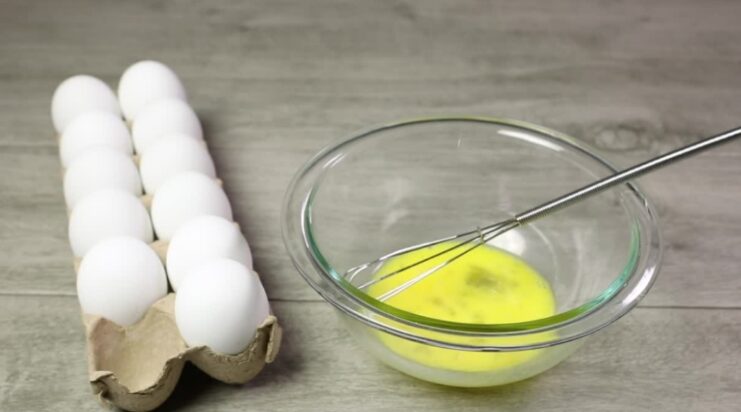
Homemade sauces such as Caesar dressings, mayonnaise, and hollandaise sauces, and homemade desserts such as homemade ice cream or custards should be avoided as they are usually made with raw eggs which could contain Salmonella. Commercially manufactured ice cream and sauces are made with pasteurized eggs and restaurants should also be using pasteurized eggs in any recipe that is made with raw eggs which do not increase the risk of salmonella. Eggs should be cooked well until the egg whites and yolks are firm before consuming.
Cheese
Cheese is a great source of calcium and most types of cheese are safe to eat during pregnancy. There are a few types of cheese that are not safe to eat as they are more prone to being contaminated with listeria which can be harmful to your unborn baby. The types of cheese that are not recommended during pregnancy include
1) Soft, mold-ripened cheeses such as brie, camembert, cambozola, and chevre
2) Blue-veined cheeses such as Danish blue, Roquefort, brigadier, blue Wensleydale, Shropshire blue, dolcelatte, gorgonzola, and tomme.
3) Soft, unpasteurized cheese such as goat’s and sheep’s cheeses Soft, mould–ripened or blue-veined cheeses are not safe to eat during pregnancy as they are more likely to be tainted with listeria as these types of cheese are moister and less acidic than other types of cheeses. They can only be eaten if they are cooked thoroughly, such as in an oven until they are piping hot throughout. All hard cheeses, and soft processed cheeses made with pasteurized milk are safe for consumption during pregnancy.
Unpasteurized milk

Unpasteurized milk may contain listeria so stick to pasteurized or ultra-heated treated (UHT) milk. If only unpasteurized milk is available, boil it before consuming. Do not consume any types of food made from unpasteurized milk.
Vitamin A
Vitamin A is an essential nutrient and has several important functions such as helping cells to replicate, essential for good vision, and also plays an important role in growth, reproduction, and immunity during pregnancy. However, high levels of vitamin A intake during pregnancy have been linked to multiple birth defects in the newborn. It is advisable not to eat liver or liver-containing products such as liver pate, liver, or haggis as they contain high levels of vitamin A.
Another reason why pregnant women or those who are trying to conceive should avoid the acne drug, isotretinoin, also known as ‘accutane’, including topical tretinoin, is due to its high content of vitamin A.
Unwashed vegetables and fruits
It is essential to make sure that all vegetables and fruits are washed to eliminate any harmful bacteria or toxoplasmosis which may be found in the soil where the vegetables were grown.
Caffeine

Caffeine can be found in coffee, tea, chocolates, soft drinks, energy drinks, and even some over-the-counter (OTC) medications such as headache, flu, and allergy remedies. In general, the amount of caffeine intake during pregnancy is still controversial but it is advisable not to consume more than 200mg of caffeine per day as there are studies that show that consuming 200mg or more of caffeine a day increases the risk of miscarriages and stillbirth.
Also, caffeine is a stimulant so it can increase your heart rate, makes you feel jittery, and also causes insomnia. Caffeine can also contribute to heartburn and also increase the need to urinate due to its diuretic properties.
Another reason to cut down on coffee and tea is that it contains compounds called phenols which can make it harder for your body to absorb iron which is important in pregnancy as many pregnant women already have low iron levels. If you have coffee or tea, it is better to have it between meals so it has less effect on iron absorption.
On average, 1 mug of instant coffee contains 100mg of caffeine, 1 mug of filter coffee contains 140mg of caffeine, 1 mug of black tea contains 75mg of caffeine, 1 can of Coke contains 40mg of caffeine and 1 bar of 50mg chocolate contents 50mg of caffeine. So, if you were to have 2 mugs of instant coffee in a day, you would have reached your daily limit. If possible, substitute caffeinated drinks with milk, fruit juice, and water.
Alcohol

It is advisable not to drink alcohol during pregnancy as there is no known safe amount of alcohol intake during pregnancy. It is safer to avoid alcohol completely during pregnancy as alcohol intake may lead to miscarriages, stillbirth, long-term medical problems, and birth defects in the newborn.
+Heavy intake of alcohol during pregnancy can lead to a group of defects in the baby known as fetal alcohol syndrome which is a lifelong condition and includes behavior and attention problems, heart defects, abnormal facial features, developmental delays, low birth weight, and poor growth.
Final Words
In conclusion, maintaining a well-balanced and nutritious diet during pregnancy is crucial for the health and development of both the mother and the unborn baby. While most foods are safe to consume, it’s important to be aware of certain foods that should be avoided due to the risk of foodborne illnesses or potential harm to the baby.
Foods to be avoided include raw or undercooked meat and seafood, fish high in mercury, raw shellfish, smoked seafood and deli meat unless heated, pate, raw eggs, certain types of cheese (soft, mold-ripened, blue-veined, and unpasteurized), unpasteurized milk, excessive vitamin A intake, unwashed fruits and vegetables, high caffeine intake, and alcohol.
Related Posts:
- Vaginal Bleeding During Early Pregnancy: Causes and…
- Understanding the Signs of Pregnancy - Embarking on…
- Sex During Menstruation – The Good, the Bad and the Ugly
- When to Test for HIV During and After Completion of…
- Can Ultrasound Be Used During Fertility Assessment?
- 15 Steps To Fix Your ONN Wireless Mouse Not Working!…

